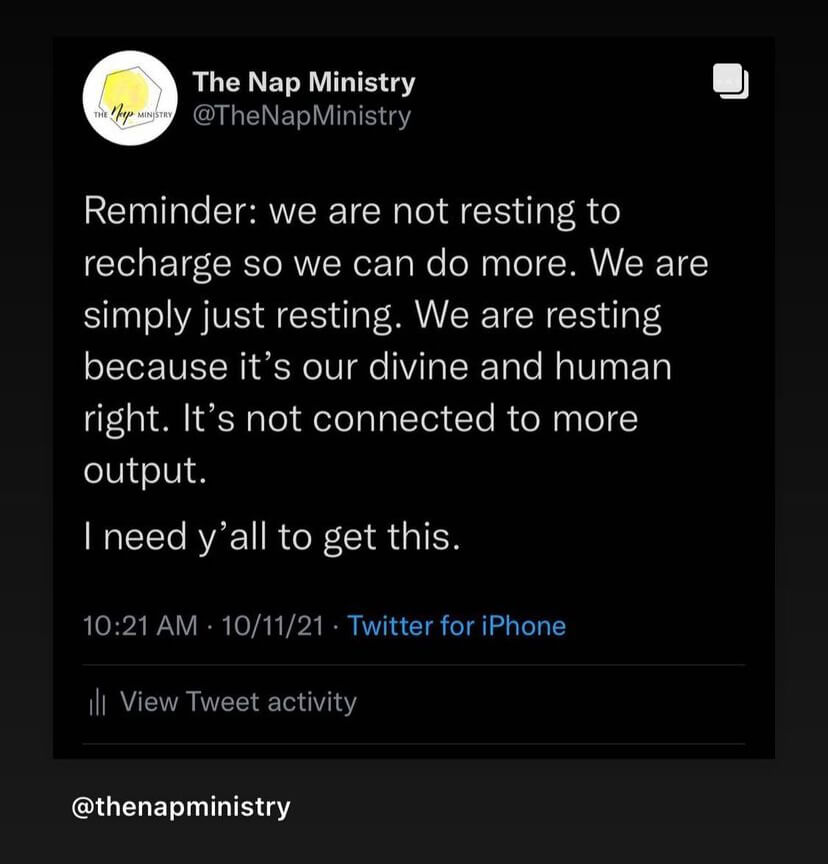Gratitude and thankfulness are easy to overlook.
It’s a perverse part of our nature to gravitate toward the negative, to bemoan the fact that things aren’t going as we wish they would. Whining, complaining? That comes easy. But to count our blessings, to show gratitude and thankfulness – that can be challenging.
My contention is that forgetting gratitude and thankfulness erodes our very souls. If we want to cultivate hope in perfectly awful days, we can do better.
As Christians, we have to be mindful that God is sovereign over all things. I mean, dang – I can act as though things are out of control, and in reality, they never are. Never.
Everything that happens to us is ultimately for our good and His glory. If we could embrace that – and that’s something we all already know – we’d have a deep sense of gratitude and thankfulness, even when circumstances would lead us to curl up in a ball.
So, beloved, let’s ponder six reasons why gratitude and thankfulness are essential for cultivating hope. This’ll preach.
All my points are going to be pretty self-evident. Don’t look for any earth-shattering revelations. We’re back to basics today.
1 – Gratitude and thankfulness remind us of God’s goodness and faithfulness.
When we’re grateful, we focus on the blessings in our lives rather than the difficulties. This is a great perspective to have; it helps us remember that God is good and that He has been faithful to us in the past.
The Bible tells us that God is good, and everything He does is good (Psalm 119:68). When we focus on what we have instead of what we lack, we begin to see the abundance of blessings God has given us.
The Israelites could teach whining on a collegiate level. In Exodus, these folks were wandering around in the desert complaining about their circumstances. (Of course, we’d never be guilty of such a thing.) God says, “Aight, folks, here’s your manna. Here’s your quail. Nowquitcherbellyachin.”
God provided in short order. Think He won’t provide for us, too? Philippians 4:6-7, right? There’s a path to gratitude and thankfulness right there.
2 – Thankfulness and gratitude help us to focus on what we have, rather than what we lack.
This is a companion thought to that first point, and another facet of gratitude and thankfulness. When we’re grateful for what we have, we’re less likely to focus on what we don’t have. That perspective helps us to be content with our current circumstances, even if they aren’t ideal. Believe that?
Contentment is an essential ingredient for cultivating hope. It allows us to trust that God is working all things together for our good.
The apostle Paul wrote, “I have learned to be content whatever the circumstances. I know what it is to be in need, and I know what it is to have plenty. I have learned the secret of being content in any and every situation, whether well fed or hungry, whether living in plenty or in want” (Philippians 4:11-12.) Paul’s contentment was rooted in his gratitude for the Lord’s provision, and it enabled him to have hope in the midst of difficult circumstances. Take that, complainers!
3 – Gratitude and thankfulness help us cultivate joy.
When it comes to gratitude and thankfulness, those values lead to joy. Every single time. What powerful tools!
The Bible tells us that joy is a fruit of the Spirit (Galatians 5:22-23). When we cultivate gratitude, we open our hearts to receive the joy that God desires to give us.
In 1 Thessalonians 5:16-18, we are commanded to “Rejoice always, pray continually, give thanks in all circumstances; for this is God’s will for you in Christ Jesus.” When we choose to be grateful, we are aligning our hearts with God’s will for our lives, which can bring great joy and hope.
As always, be wary of putting joy and happiness on the same level. Happiness is transient – it’s based on circumstances of the moment and can be fleeting. A really good pizza can make me happy, but sooner or later I’ll be hungry again. Joy keeps me well-fed and perpetually content.

4 – Thankfulness and gratitude help us overcome anxiety.
Have you ever thought about this? Worry can be so pervasive. Maybe that’s your kryptonite. It might be that you worry because you worry. Because, as a believer, worry is sinful, right?
Anxiety can be a significant barrier to cultivating hope, but gratitude can help us overcome it. When we focus on what we have instead of what we lack, we begin to see that God is faithful and that He will provide for our needs.
You have plenty. I’m not just talking about stuff and things. We could stay in that arena and you’d have to admit you have all you need to sustain yourself. I’m also talking about those wonderful intangibles, things like your salvation. It’s not going to be taken away from you.
Here’s gold-standard scripture. In Matthew 6:25-34, Jesus encourages us not to worry about our needs but to trust that God will provide for us. He says, “Therefore do not worry about tomorrow, for tomorrow will worry about itself. Each day has enough trouble of its own.” When we choose to be grateful, we are choosing to trust in God’s provision and to let go of our anxieties. You can choose. Isn’t that amazing.
5 – Gratitude and thankfulness help us to love others.
This is an interesting point.
When we are grateful, we are more likely to show love and kindness to others. Gratitude helps us to see the good in people and to appreciate the ways in which they bless our lives.
I know this can be hard. How can you be thankful for someone who did you wrong?
There is a supernatural element to this, obviously. In the flesh, it’s well nigh impossible to be grateful for those bad people in your life. Yet God engineers circumstances so that our lives intersect with the most unlovable people, and there is always a divine reason for that.
In 1 Corinthians 13:4-7, we are told that love is patient, kind, and keeps no record of wrongs. When we choose to be grateful for the people in our lives, even the stinkers, we are cultivating love and kindness towards them.
6 – Gratitude and thankfulness help us to see God’s provision.
I keep circling back around to this one, trying to frame it in an accessible way.
The Bible tells us that God is the source of all blessings and that every good and perfect gift comes from Him (James 1:17). When we focus on what we have instead of what we lack, we can see the many ways in which God has provided for us.
In 1 Thessalonians 5:18, we are told to give thanks in all circumstances, for this is God’s will for us in Christ Jesus. When we choose to be grateful and thankful, we are acknowledging God’s provision in our lives, which can bring hope and encouragement in difficult times.
It all comes down to the all-sufficiency of God. The Bible tells us that God is faithful and that He will never leave us or forsake us (Deuteronomy 31:6.) The promise of His presence is a promise to claim. You don’t face anything in life on your own. Absolutely nothing.
You are not alone in your struggles. Other people might not get it, or you. People are gifts from God (and you may wish some had a generous return policy … it’s like, “Hey, God, You can have this one back!”)
Just remember. God is with you, even in your darkest moments. Gratitude and thankfulness will help you experience that.
Talk later.




 I had to check out The Nap Ministry, and I found that they aren’t a Christian site, so I want to be wary about the term “ministry.” Still, the sentiment expressed here fits in well with the ancient mandate of Sabbath. That’s not something we do well in 2021, at least here in the West, or the United States.
I had to check out The Nap Ministry, and I found that they aren’t a Christian site, so I want to be wary about the term “ministry.” Still, the sentiment expressed here fits in well with the ancient mandate of Sabbath. That’s not something we do well in 2021, at least here in the West, or the United States.